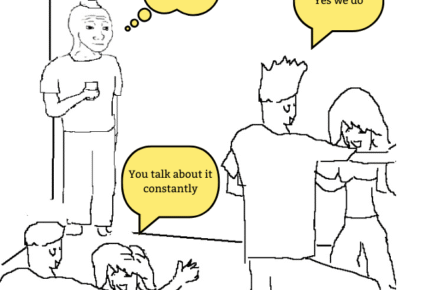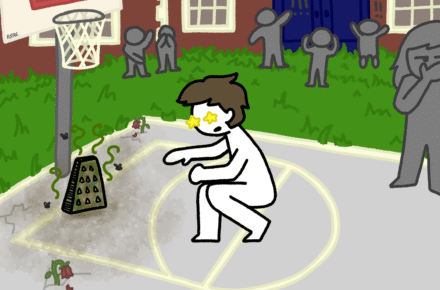I chose Social Sciences as my undergraduate degree thinking, almost naively, that understanding the world around me would help me change it. I wanted to be introduced to centuries’ worth of revolutionary ideas from authors, scholars, and philosophers that would act as tools to solve the problems we so earnestly debate in class. I was excited to study a diverse array of thinkers from different backgrounds and to hear their inputs on pressing social issues.
In my second year, I undertook a module on Social Theory, which has proven to be the most interesting and intellectually compelling course I’ve taken thus far. From class inequality to imperialism, we have discussed almost every topic relevant to understanding ourselves — us as a society. Yet something about the course left a bitter aftertaste. Every week, the lectures focused on a particular social theory and studied through the works of 1-3 scholars. For a ten-week course, that amounts to roughly 20-30 different intellectuals. However, of these, maybe five were women and scholars from Black or minority ethnic backgrounds were also highly under-represented. The fact that I am able to count the number of women on one hand on the syllabus may give you an idea of the scope of this underrepresentation. Further, most sociologists from BAME backgrounds were concentrated in the lecture on postcolonialism and thus in the week that expressively focused on race relations and racial injustices. Surely, confining BAME sociologists to race-related themes or topics goes, somewhat ironically, against the very arguments for equality and inclusivity the scholars are trying to make.
One of the more troubling aspects of this imbalance in the syllabus is the department’s blatant awareness of the situation. Indeed, the Social Sciences faculty, and UCL in general, appear genuinely concerned with this issue, and do involve students a lot in discussions about inclusivity. This module’s Moodle page features a tab with resources to learn more about academics from minority backgrounds.
Within this lies a link to the Global Social Theory website, a free, online resource for students and academics promoting the study of social theory from a more global perspective by providing a variety of concepts theorised by scholars around the globe as a direct response to the student-led campaign “Why is my Curriculum White?”. It is an essential resource, and if you are interested in social theory, I encourage you to go have a look. From bell hooks to Stuart Hall, it features an assortment of thinkers striving to theorize solutions to current social issues.
The Moodle page also features a link to UCL’s “Liberating the Curriculum” working group, a student- and staff-led initiative working towards a more inclusive, representative curriculum that goes beyond the traditional white, male and Euro-centric theories omnipresent in academia.
While the module’s efforts to be inclusive should be appreciated, the scholarship by these often marginalised groups is largely separated from the curriculum. They are not the ones that constitute the course’s meat, the ones featured in the titles or with theories bearing their names. They exist, but they exist as a separate other, seemingly thrown into the Moodle page in a weak attempt to be inclusive. Frustratingly, every lesson emphasizes this lack of diversity, with a small PSA reminding us that the theorists we have just spent the past two hours studying are, in fact, white, cisgender males. Thus, the question remains: if the module leaders are aware that there exists an imbalance, and are also knowledgeable about non-white and non-male thinkers, why do they still fail to produce an inclusive curriculum?
This piece is not meant as an angry rant. This module has taught me an incredible amount – the scholars we have studied, ranging from Weber, Durkheim, and Bourdieu were all fascinating and provided unique insights into the world around me. But does that have to mean that the curriculum cannot make more space for thinkers from different backgrounds? A link to a website doing a much better job at inclusivity is not enough. A reminder in a seminar of the curriculum’s blatantly obvious lack of representation is not enough. UCL may recognise the need to decolonize the curriculum, but it still lacks the initiative required to achieve this vital goal.
By Lily-Jo Davies
This article appeared in CG Issue 81









